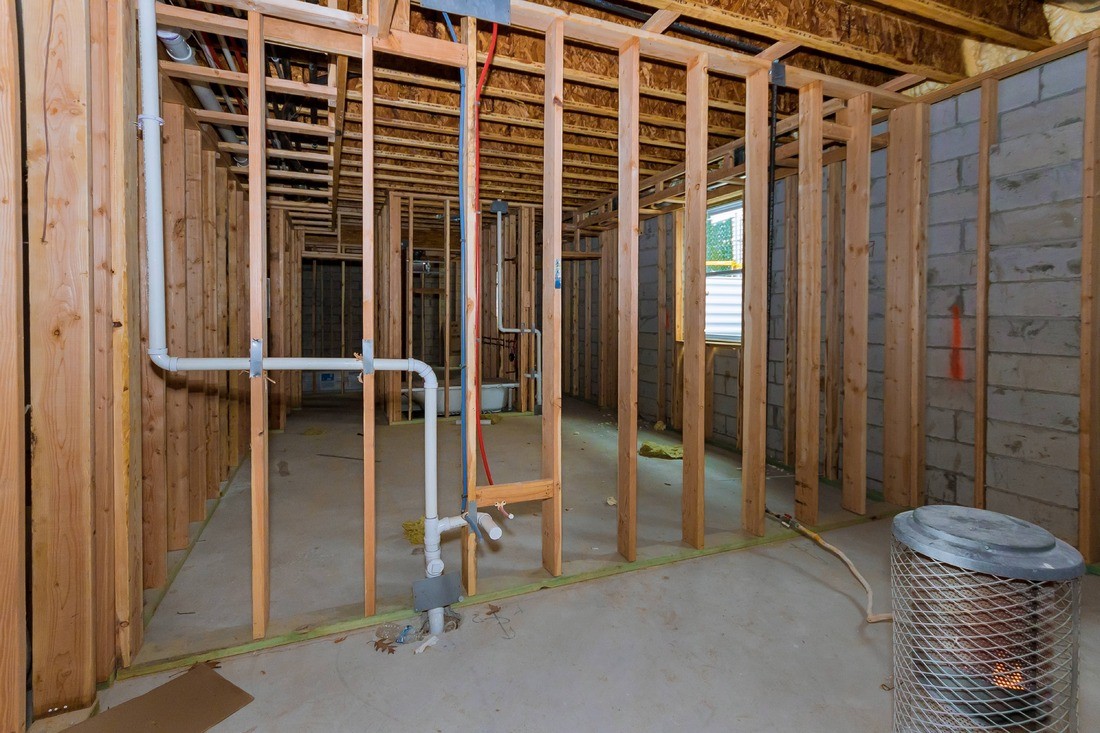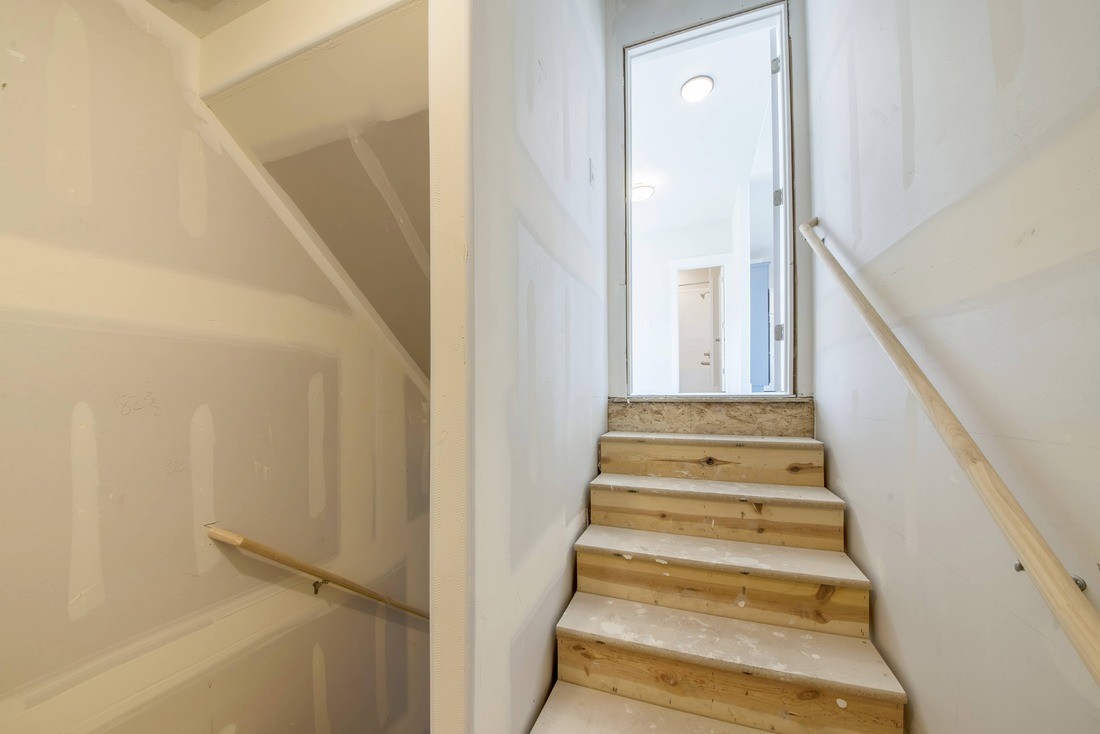
Burst Pipes in Winter: How to Winterize Your Home and Avoid Damage
Winter can be a challenging time for homeowners, especially when it comes to protecting your home from potential water damage caused by burst pipes. When water freezes inside the pipes, it expands and increases pressure, which can lead to pipes bursting and causing significant damage to your property. To prevent this from happening, it’s essential to take the necessary steps to winterize your home and ensure your plumbing system is well-maintained. In this article, we will explore various methods and tips to help you safeguard your home and prevent burst pipes during the winter months.
1. Insulate Exposed Pipes

Start by identifying all the exposed pipes in your home, particularly those in unheated areas such as basements, crawl spaces, and attics. These pipes are more susceptible to freezing and bursting. Insulate them with foam sleeves or heating tape to provide an extra layer of protection. Make sure to cover both hot and cold water pipes.
2. Seal Cracks and Gaps
Inspect your home for any cracks or gaps where cold air can enter and reach your pipes. Use caulk or weatherstripping to seal these openings, especially around windows, doors, and foundation walls. This will not only keep your home warmer but also prevent cold drafts from freezing your pipes.
3. Maintain Proper Heating
Keep your home adequately heated to a temperature of at least 55 degrees Fahrenheit, even when you’re away or on vacation. Maintaining a consistent temperature will help prevent pipes from freezing. If you have rooms that are not regularly used, consider leaving the doors open to allow warm air to circulate.

4. Drip Faucets
When temperatures drop significantly, allow faucets to drip slightly overnight. This keeps water flowing through the pipes, preventing them from freezing. It’s particularly important to drip faucets on exterior walls or those connected to exposed pipes.
5. Disconnect and Store Garden Hoses
Before the first freeze, disconnect and drain all garden hoses. Coil them up and store them in a protected area to prevent damage. If you have an outdoor faucet, shut off the water supply and drain the line completely. Consider using an outdoor faucet cover for added protection.
6. Open Cabinet Doors
During periods of extreme cold, open cabinet doors in your kitchen and bathrooms to allow warm air to reach the pipes underneath sinks and vanities. This helps prevent them from freezing and bursting. Remember to remove any hazardous materials or chemicals from reach if you have children or pets.
7. Maintain a Warm Environment in the Garage
If your garage is attached to your home or has exposed pipes, take steps to keep it warm during winter. Insulate the walls and consider using a space heater when the temperature drops below freezing. This will help protect any pipes running through the garage from freezing.
8. Shut Off and Drain Outdoor Water Supply
If you have an outdoor water supply, such as a sprinkler system, shut off the water supply and drain the lines. This will help prevent water from freezing and causing damage. It’s also a good idea to store any outdoor equipment that contains water, such as garden fountains or birdbaths, in a protected area.
9. Be Prepared for Emergencies
Despite your best efforts, pipes can still freeze and burst, causing water damage to your home. It’s essential to be prepared for such emergencies. Have the contact information of a trusted water damage restoration company, like JGW Group Water Damage Restoration, readily available. They offer 24/7 emergency water restoration services and can help mitigate the damage as quickly as possible.
10. Regularly Check for Leaks
Regularly inspect your plumbing system for any leaks or signs of water damage. Look for water stains on walls, ceilings, or floors, as well as dampness or mold growth. If you notice any issues, address them promptly to prevent further damage. JGW Group Water Damage Restoration specializes in water damage cleanup and restoration services, so don’t hesitate to reach out if you need professional assistance.
By following these tips and taking proactive measures to winterize your home, you can significantly reduce the risk of burst pipes and water damage during the winter months. Remember, prevention is key when it comes to protecting your home from winter-related plumbing issues. Stay vigilant and be prepared for any unexpected emergencies.
Can burst pipes cause significant damage to my home?
What should I do if I discover a burst pipe?
Note: This article contains affiliate links. If you make a purchase through these links, we may earn a commission at no additional cost to you. We only recommend products and services that we believe will be beneficial to our readers.



